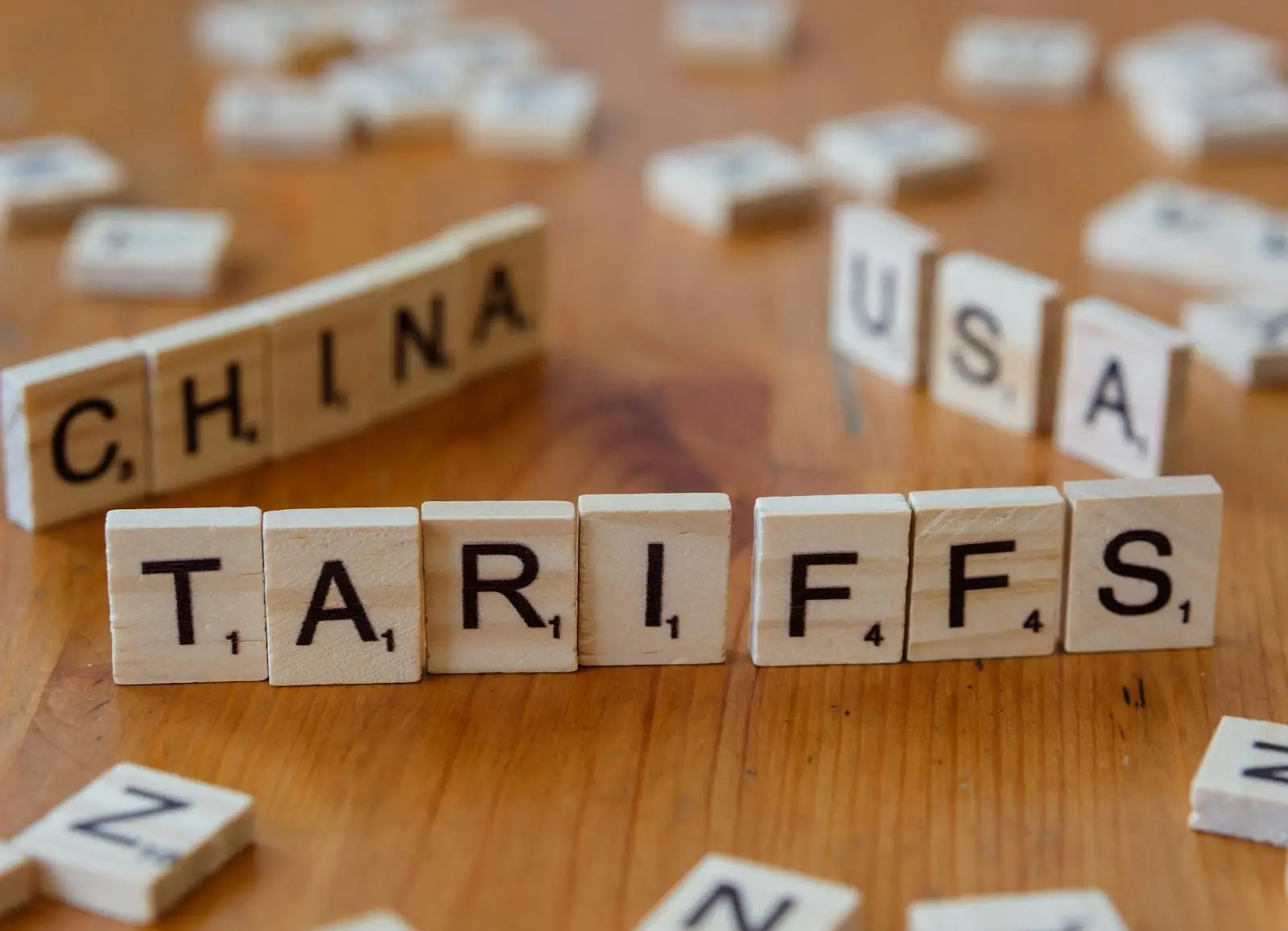The European Commission and the State of Qatar initialled today an aviation agreement, the first such agreement between the EU and a partner from the Gulf region.
The agreement will upgrade the rules and standards for flights between Qatar and the EU, and will set a new global benchmark by committing to strong, fair competition mechanisms, and including provisions not normally covered by bilateral air transport agreements, such as social or environmental matters.
Commissioner for Transport Violeta Bulc said: “We delivered! Qatar was the first partner with whom we launched negotiations following our adoption of the Aviation Strategy for Europe – now it is also the first one to cross the finish line! More than that – the agreement sets out ambitious standards for fair competition, transparency or social issues. It will provide a level playing field and raise the bar globally for air transport agreements. This is a major upgrade compared to the existing framework, and our joint contribution to making aviation more sustainable!“
Going far beyond traffic rights, the EU-Qatar agreement will provide a single set of rules, high standards and a platform for future cooperation on a wide range of aviation issues, such as safety, security or air traffic management. The agreement also commits both parties to improve social and labour policies – an achievement which existing agreements between Qatar and individual EU Member States have not provided so far.
In particular, the agreement includes the following elements:
- A gradual market opening over a period of five years to those EU Member States which have not yet fully liberalised direct connections for passengers: Belgium, Germany, France, Italy and the Netherlands.
- Provisions on fair competition with strong enforcement mechanisms to avoid distortions of competition and abuses negatively affecting the operations of EU airlines in the EU or in third countries.
- Transparency provisions in line with international reporting and accounting standards to ensure obligations are fully respected.
- Provisions on social matters committing the Parties to improve social and labour policies.
- A forum for meetings addressing all issues, and any potential differences at an early stage, plus mechanisms to quickly resolve any disputes.
- Provisions facilitating business transactions, including the removal of existing obligations for EU airlines to work through a local sponsor.
The agreement will benefit all stakeholders by improving connectivity through a fair and transparent competitive environment, and create strong foundations for a long-term aviation relationship.
According to an independent economic study undertaken on behalf of the Commission, the agreement, with its robust fair competition provisions, could generate economic benefits of nearly €3 billion over the period 2019-2025 and create around 2000 new jobs by 2025.
The European Commission negotiated the agreement on behalf of the European Member States as part of its Aviation Strategy for Europe – a milestone initiative to give a new boost to European aviation and provide business opportunities. The negotiations were successfully concluded on 5 February 2019.
Next steps
Following today’s initialling, both parties will prepare the signature of the agreement following their respective internal procedures. The agreement will enter into force once both internal procedures will be finalised.













